By P.T. Bopanna
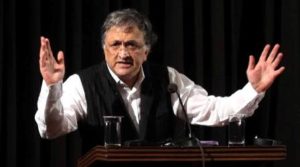
Guha’s recent article in a national daily took exception to General Bipin Rawat recommending Bharat Ratna for Cariappa.
It is no secret that Guha is an admirer of the Nehru-Gandhi family and his writings are coloured by this prejudice.
There is a reason why Guha is opposed to Bharat Ratna for Cariappa. The fact remains that Guha, a self-proclaimed admirer of Nehru, was aware of the fact that the first Indian prime minister had apprehended that Cariappa was planning a coup and hence sent him away to Australia as India’s high commissioner in 1953.
Guha’s article also shows his newfound love for Karnataka chief minister Siddaramaiah who recently honoured him with a state award (Rajyotsava award).
In the article, Guha says: “He (General Rawat) should not be doing it at any time, let alone a few months before a crucial state election in Karnataka.”
The historian should clarify how conferring Bharat Ratna on Cariappa could influence the outcome of the polls.
Guha faults Gen Rawat for openly announcing his wish for recommending Cariappa for Bharat Ratna. There is nothing which bars Rawat from expressing his views on conferring the award to India’s first commander-in-chief at a function to unveil the statue of Cariappa and Gen K.S. Thimayya at Gonikoppal in Kodagu (Coorg).
If only Guha cared to recall that the Nehru-Gandhi family awarded the Bharat Ratna on themselves – Nehru in 1955, Indira 1971 and Rajiv in 1991.
In the article, Guha recalls Nehru’s uneasiness with Cariappa’s brand of public interaction. Guha wrote: “In 1952, it was reported that General Cariappa was ‘giving so many speeches and holding so many press conferences all over the country’. Indeed, he was almost ‘playing the role of a political or semi-political leader’. The prime minister, Jawaharlal Nehru, wrote immediately to the army chief, advising him to give fewer press conferences. Cariappa, to his credit, complied.”
It is relevant to recall how Nehru feared a coup by Cariappa in the 1950s.
In the biography Field Marshal K M Cariappa, authored by his airman son Air Marshal K. C. Cariappa (Retd), the author says that because of such an unfounded fear, General Cariappa was packed off to Australia as India’s High Commissioner in 1953!
The book throws light on sensitive defence issues, including the mess-up in Jammu and Kashmir and the flawed China policy pursued by Nehru. Though Cariappa, the first Commander-in-Chief of the Indian Army, had a cordial relationship with Nehru and his daughter Indira Gandhi, there was an “undercurrent” of suspicion.
“Father was perceived as being too popular, not only in the Army but among those in other walks of life too. Perhaps, there was a lurking suspicion that he might engineer a coup. Nothing could have been further from the truth.”
The book says it was rumoured that his being sent abroad may have had something to do with his great popularity. “Therefore, out of sight, out of mind might have been a good way to go!”
The author recalls that his father was asked on many occasions why the Army did not evict the frontier tribesmen who had attacked India and were supported by the Pakistani Army and why it was decided to have the ceasefire line dividing the State. The General used to reiterate that it was the Government that dictates policy. At the time, the Army had its ‘tail up’ and was confident of clearing most of Kashmir and re-investing Gilgit. But orders were received to ‘Cease fire at midnight on 31st December/1st January 1948-1949.’ The General said that the Army was very disappointed, but orders were orders.
A few years later, General Cariappa asked Nehru for the reason of the ceasefire. His reply was: “You see the United Nations Security Council felt that if we go any further it may precipitate a war. So, in response to their request we agreed to a ceasefire.” Nehru added: “Quite frankly, looking back, I think we should have given you ten or fifteen days more. Things would have been different then.”
It is also clear from the book that India’s flawed China policy led to the Himalayan blunder with the country facing a humiliating defeat in the 1962 war. Both Gen Cariappa and later Gen K. S. Thimayya had warned against the threat from China. But Nehru was too much under the spell of his Defence Minister Krishna Menon to see the danger coming.
The book notes that in 1951, there were disquieting events in the North-Eastern region when Chinese troops were caught with maps showing some parts of North-East Frontier Agency (NEFA) as part of China. Because the region was under the Assam Rifles who were under the control of the Governor of Assam, the Army had no operational responsibility there. General Cariappa asked Nehru for directions in regard to the responsibility of its defence. General Cariappa considered it his duty to caution the political leadership of the possibility of an attack in the region. He was ridiculed by Nehru with the retort: “It is not for the Army to decide who the nation’s likely enemies would be!”
NOTE: For the benefit of the readers, the writer of this article wishes to clarify that he has no love for the Sangha Parivar. He is an independent journalist. The writer appeals to Guha not to carry his ideological baggage while writing his articles.
Source: Content for this article has also been sourced from the book ‘Dateline Coorg’ authored by P.T. Bopanna. Rolling Stone Publications, 2010. The book also has a chapter on why Nehru was afraid of Gen. Thimayya.
Kindle edition Dateline Coorg link:
https://www.amazon.com/dp/B00LHJYEO6

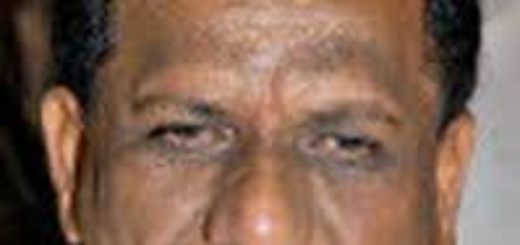
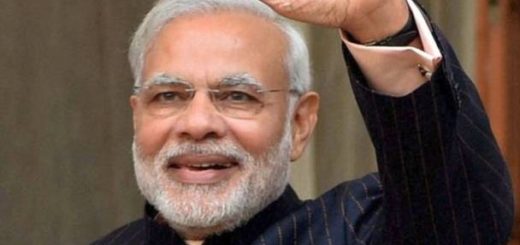
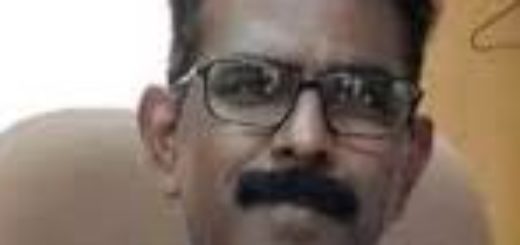

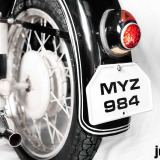
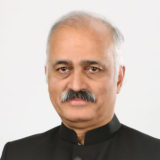

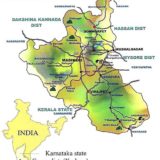
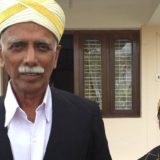



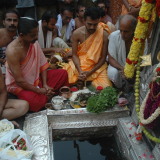
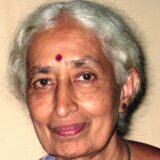

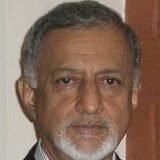
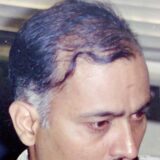
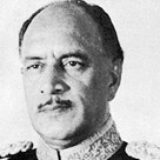

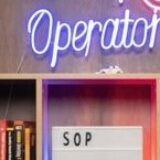



Now after Rajyotsava award he is eyeing to be nominated to Rajya Sabha/MLC. That is why he is pleasing Siddaramaiah.
Dear Sir,
I think Guha was not against giving Bharat Ratna to Field Marshall K.M. Cariappa. Nowhere did he say that. He was against a sitting General- Chief of army making such recommendation. It is not for officials to recommend. They are to execute the functions of the Government. They are not people’s representatives. Beaurocracy should be good servants and not masters.
Certainly F.M. K.M. Cariappa deserves Bharath Ratna. Not only he, Gen. K.S. Thimmayya also deserves. Now the question is, when the award was not given when these great men were alive and active, what is the object and purpose of awarding it now? Is it not a futile exercise that would only serve the political agenda of some leaders?
Please see Gen Bakshi’s spirited response to the motor-mouth in the Indian Express of 11.11.17(Delhi edn.)